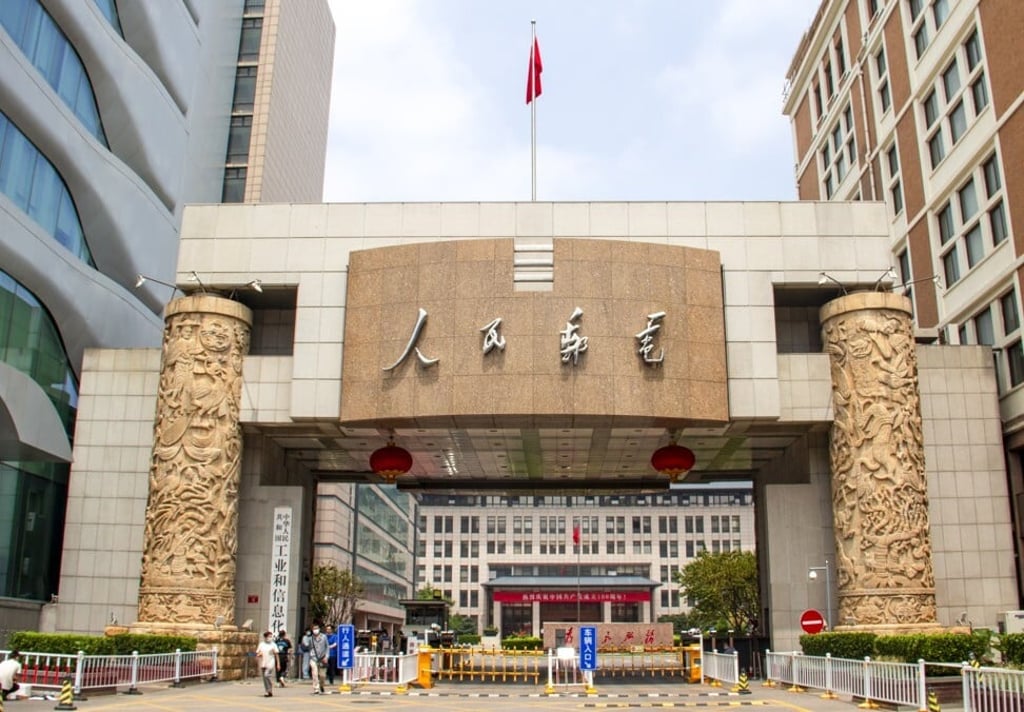China to block ‘core’ industrial, telecoms data from leaving the country
- The Ministry of Industry and Information Technology has drafted new regulation to bar the transfer of crucial industrial and telecoms data outside China
- The ministry is now soliciting public feedback on the proposed regulation until the end of October

All businesses that handle industrial and telecoms data in China are required to categorise such information into “ordinary”, “important” and “core”, and report their data catalogue to the MIIT’s local branches, according to the draft regulation. Sharing data categorised as “important” to a foreign party requires a special review and approval process, while all “core” industrial and telecoms data are barred from leaving China under any circumstance.
Industrial data refers to information gathered and produced in sectors that include raw materials, machinery, consumer goods, electronics manufacturing, and software and information technology, according to the draft regulation. Telecoms data includes information gathered and produced from the broad communications network market.
The definition of what is “important” and “core” data is subjective, according to the draft regulation.
